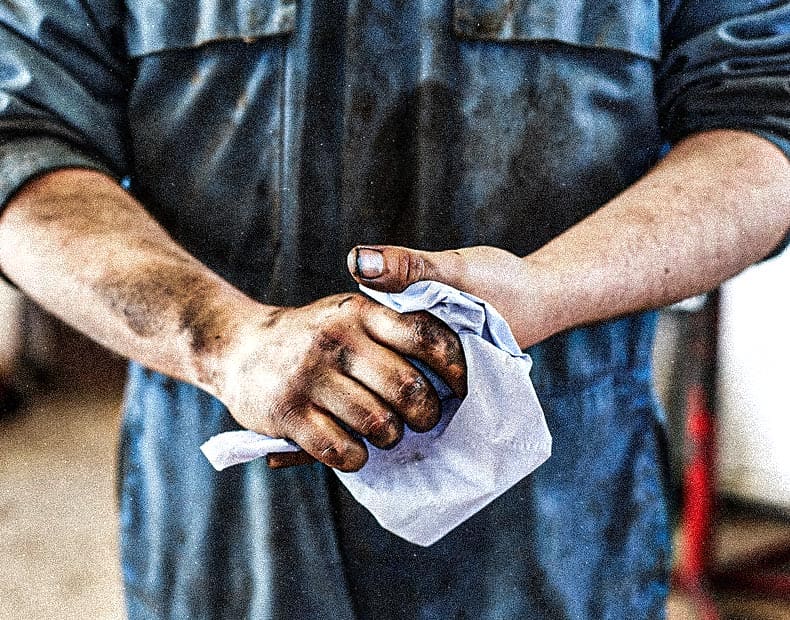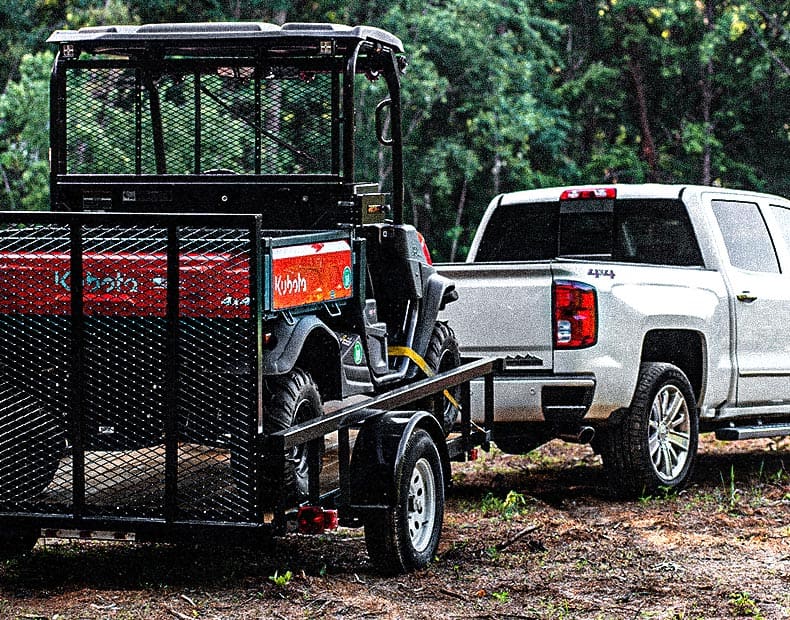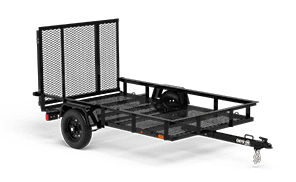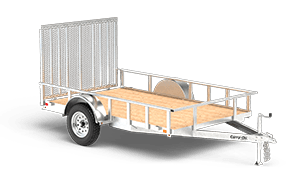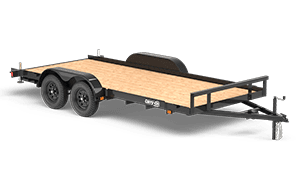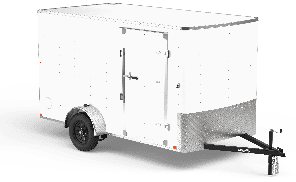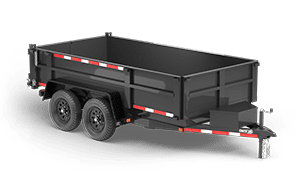While you can never entirely rule out the chance of an emergency while traveling on the road, you can certainly be an alert, cautious driver and do what you can to avoid such situations. The same is true when you are towing a trailer. However, a towing emergency can be the result of a number of factors, so you must know what can contribute to a towing emergency, as well as how to handle the situation if it arises so that you can be safe and keep your passengers and others on the road safe, too.
We’ve previously discussed trailer sway and combination disturbance, which are two situations that can quickly become dangerous if not dealt with properly. Trailer sway is a side to side motion that begins after reaching a certain speed while towing. This persistent swaying motion is not normal and could lead to whipping, a more violent and uncontrollable sway that is caused by loading your trailer too heavily in the rear. A combination disturbance can be improper handling, whipping, sway, over-steering, or any other deviation of your tow vehicle or trailer from its intended path. Factors contributing to combination disturbance include improper loading, steering inputs, excessive speed, crosswinds, passing vehicles, and rough roads.
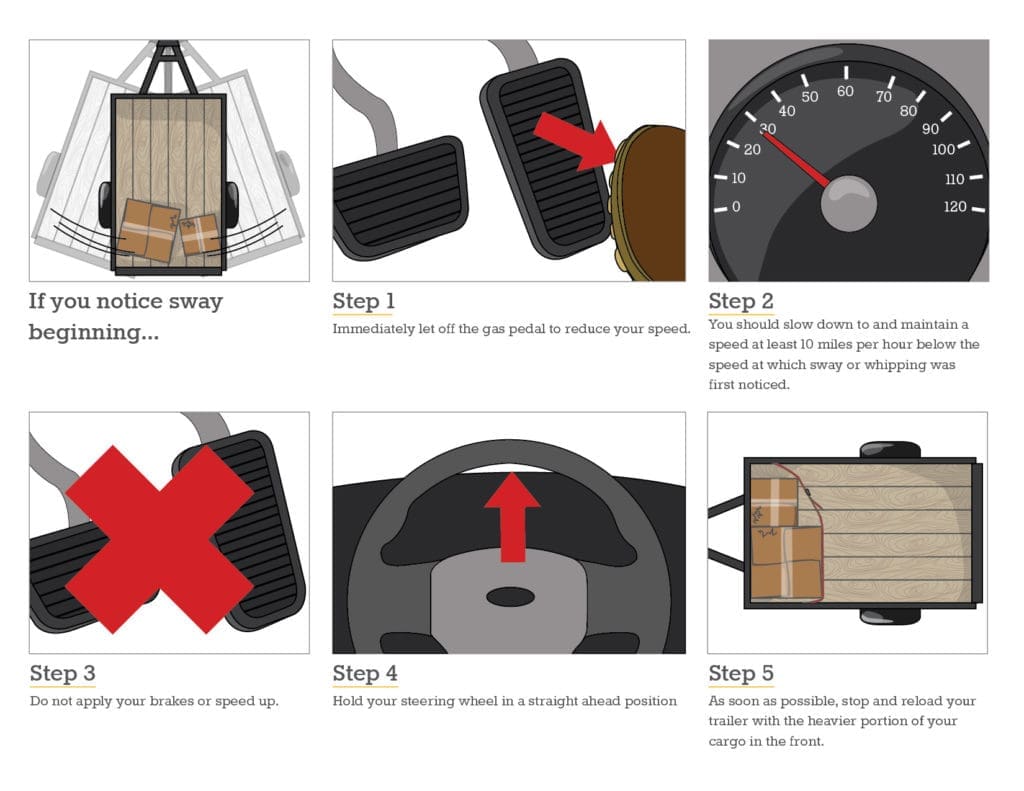
If trailer sway or a combination disturbance occurs, you need to calmly but quickly take action to avoid a more dangerous situation or accident. First, let off the gas and slow your speed to at least 10 miles per hour below the speed at which you first noticed the swaying. Do not apply your brakes or speed up, and keep your steering wheel in a straight ahead position. Stop to reload as soon as you can so that at least 60% of your cargo weight is in the front of your trailer. Slamming on your brakes or attempting to control the situation by turning the steering wheel can cause loss of control of your tow vehicle or even cause a crash.Tires are another point of concern for preventing a towing emergency. Always check tire pressure before you plan on towing and inflate as needed, and check for signs of wear as well. Towing on under inflated or worn tires can create very dangerous situations, such as blowouts or even rollovers. If you experience a tire blowout, maintain a firm grip on your steering wheel and do not slam on your brakes. Allow your car to slow down and pull over a safe distance from the road.
Once you come to a stop, activate your tow vehicle’s emergency flashers. Exit your vehicle if you can do so safely, and set up safety cones around your vehicle and trailer if you have them to help alert other drivers of your location on the side of the road. Then, change the tire to your trailer’s spare. If you cannot change the tire safely where you are, be sure to call a reliable roadside assistance service for extra help. Be sure to have your trailer thoroughly inspected for damage by your dealer afterward to determine if repairs are needed.
Remember that proper use of safety chains and breakaway brakes should be followed as well. By doing so, this will help you avoid emergencies such as a runaway trailer, injury or worse, as well as damage to other vehicles, in the event that your tow vehicle and trailer become disconnected.
In any towing emergency in which there has been a collision between your and other vehicles, an injury, or a fire, contact your local first responders for assistance from police, fire, and emergency medical personnel.
While it’s important to do all you can to prevent a towing emergency, it’s imperative to be prepared and know what steps to take if an emergency occurs. Be sure to refer to your owner’s manual as well as our Safer Towing resources to learn how to properly use your trailer and learn the precautions to take to avoid a towing emergency.

